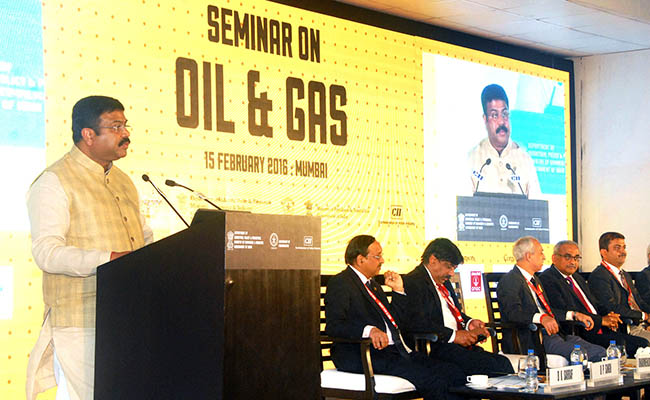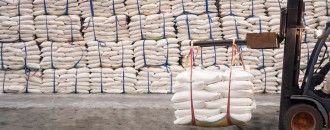The new crude import policy will enable the state-run oil refiners to have a common procurement system which will help get better prices
Source: PTI

The Minister of State for Petroleum and Natural Gas (Independent Charge), Shri Dharmendra Pradhan addressing at the Seminar on “Oil and Gas”, during the Make in India Week function, in Mumbai.
February 16, 2016 | 02:17pm IST.

 The Minister of State for Petroleum and Natural Gas (Independent Charge), Shri Dharmendra Pradhan addressing at the Seminar on “Oil and Gas”, during the Make in India Week function, in Mumbai.
The Minister of State for Petroleum and Natural Gas (Independent Charge), Shri Dharmendra Pradhan addressing at the Seminar on “Oil and Gas”, during the Make in India Week function, in Mumbai.





 to success.
to success.